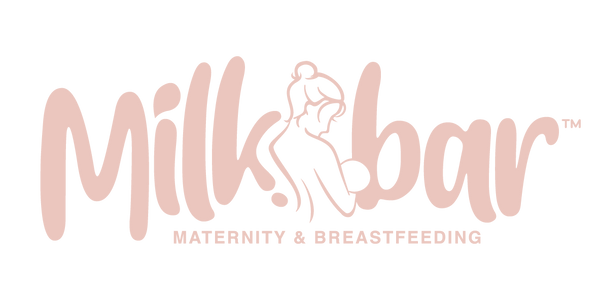
Postnatal Depression
Share
The arrival of a new baby is supposed to be the happiest time of your life...
So why doesn’t it always feel that way? Other mums around you look as though they’ve found their place in the world, whereas you feel like you’ve just lost it.If you’ve had feelings of despair after the birth of your baby, you’re not alone.
In fact, postnatal depression (PND), or postpartum depression, affects around 13% of new mothers, with many more feeling lonely, isolated or low.

Early motherhood can be a difficult time
There are also sorts of emotions (and hormones) running wild. Isolation and loneliness can be easy to reconcile, as you find yourself stuck at home and unable to socialise as you once could before. But feelings of guilt, disappointment, disinterest or sadness can really leave you feeling confused, unable to cope and distraught at the thought that you are perhaps not cut out for motherhood after all.Having the ‘baby blues’ is one thing, but if your symptoms last more than a few days, then it could be more than just postpartum exhaustion.
What is postnatal depression?
The symptoms of postnatal depression are not dissimilar to normal depression, except that they are exacerbated by the overwhelm of a dramatic change in your life with the addition of your new baby, lack of sleep, and hormones trying to recalibrate after birth.While symptoms will vary from person to person, women will typically have feelings of hopelessness, guilt, irritability or anxiousness. You may feel like you can’t cope, struggle to get out of bed and face the day, feel extremely tired, weepy, useless and generally like you’re failing at this mum gig.
PND can also affect dads - Dads can struggle to adapt to their new lifestyle, identity, responsibilities, their changing role in the household and the shifts that occur in their relationship.
PND is indiscriminate, and doesn’t just affect people who have suffered with mental health issues before pregnancy, or those with challenging babies.
When to get help
If you’re experiencing any of these symptoms for longer than a few days, or if your loved ones are concerned about your behaviour then it might be time to chat to a professional who can recommend the best steps for taking care of yourself.
Plunket nurses are trained to offer support to mums with postnatal depression, and will provide recommendations around whether it’s best for you to seek further help from your doctor.
It’s also important to know that you can chat to other mums and support groups in your community about how you are feeling. I know that often it can seem like everyone else has their life completely under control. They’re happy, their babies are a dream and they’ve got motherhood all figured out. So, if you’re feeling vulnerable or embarrassed about speaking up about your problems, this is where online support groups can be so valuable. You can open up to other mums in a supportive space, where you’ll bond over shared experiences and advice, without judgement. You are absolutely not alone, you are not a failure and you are not a bad mother.

We’re all in this together
Don’t ever feel like you have to hide how you’re feeling. The first step towards getting better is acknowledging your situation, talking about how you’re feeling and asking for support. Lean on friends, your partner and your family at this time, but also reach out to a counsellor or psychotherapist if you feel like you need it. In some cases, a doctor may recommend antidepressants, but often therapy will provide the support you need to manage.Most importantly, do not feel bad about prioritising your health. Remember this is for the good of your baby, too. Self-care is critical at this time.
Your baby needs you to be well, happy and healthy, so taking time for yourself, eating well, sleeping and fitting in suitable exercise are all ways to make managing your emotions a little easier.
